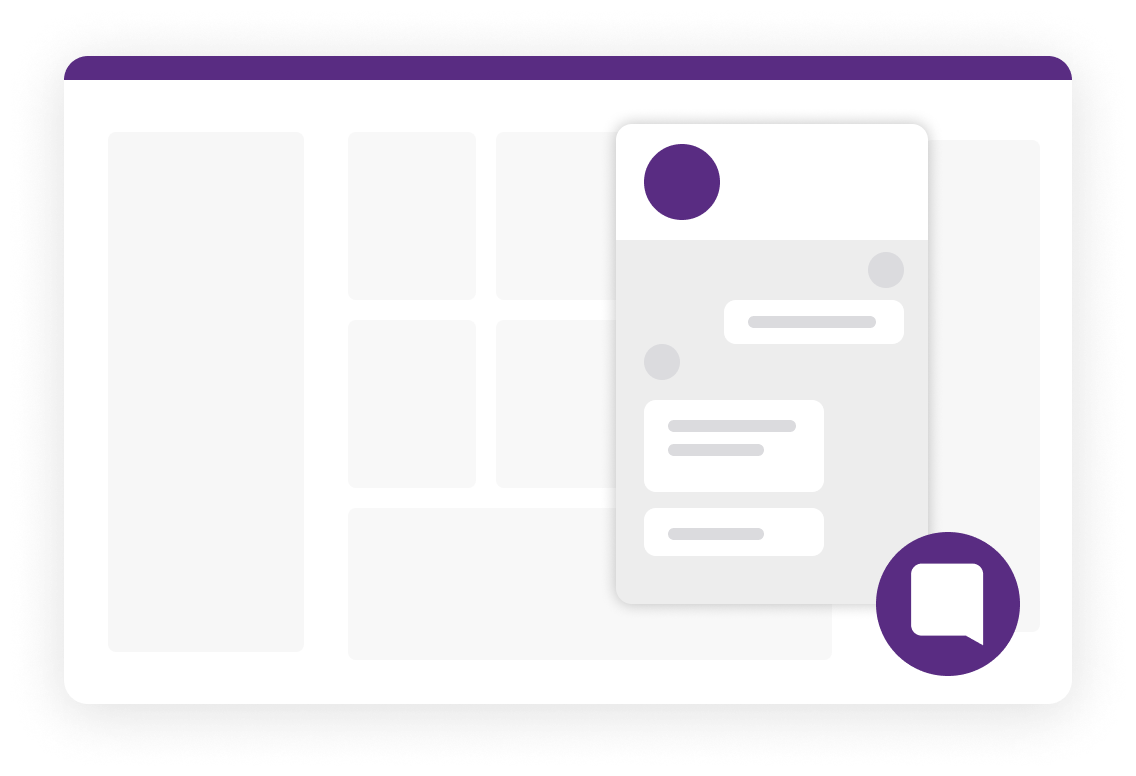Your FSA lets you make pre-tax payroll contributions to pay for eligible medical expenses. Literally thousands of products and services are eligible (you can shop right now at the FSA Store).1
Your healthcare FSA may come with a debit card2 that you can use, for example, at the doctor’s office or drugstore to pay for eligible medical expenses. But if you forget your card or one isn’t included in your employer’s plan type, you’ll still be able to get reimbursed.
Simply save your receipt, then upload a copy and submit for reimbursement later. Note that FSA claims always require the same 5 items (but not all receipts list them).
For the fastest reimbursement, make sure your documentation contains the following:
- Patient Name
- Provider Name
- Date of Service
- Type of Service
- Cost
Remember that because healthcare FSAs are employer-owned accounts, they include a use-it-or-lose-it rule. That means all unused FSA funds are eventually returned to your employer so you need to stay alert to the healthcare FSA fund expiration date.
Many employers, however, elect to offer a carryover or grace period option.
-
The carryover option lets you carry over a portion of remaining Health FSA funds into the next plan year. So, if you don’t spend your entire account balance, you might be able to keep some of that money for another year.
-
The grace period option gives you extra time at the end of the plan year to incur eligible expenses.
When it comes to carryover and grace periods, every organization adopts their own unique rules, so be sure to review your plan documents carefully.
Now, let’s jump in. Here are 16 great ways to spend your FSA and stretch every dollar further.
#1 Doctor visits
Your FSA can help you pay for all doctor visits and consults before hitting your deductible.
#2 Telehealth visits
FSAs also usually cover telehealth visits in lieu of an in-person consult.
#3 Over-the-counter (OTC) medications
This is a popular way to use your FSA. You can buy cough medicine, pain relievers, sleep aids, and more.
#4 Dental care
Whether you need a routine dental cleaning, a root canal, or even braces for your middle schooler, your FSA can help you cover out-of-pocket dental expenses.
#5 Vision Care
Your FSA also covers contacts, optometry visits, eyeglasses, LASIK, and more.
#6 Diabetes management
Use your FSA to cover testing equipment, alcohol swabs, needle disposal containers, and more.
#7 Eczema cream and lotion
Winter brings dry, hardening skin. Use your FSA to buy hand creams and lotions.
#8 Women’s healthcare products
As of 2020, many women’s menstrual care products—such as pads and tampons—were made eligible for reimbursement. Birth control and other contraceptives also count as a eligible medical expenses with a prescription.
#9 Fertility treatment
With a letter from your provider, you can use your FSA to cover some fertility treatments.
#10 Baby products
Use your FSA to buy many baby items, including baby breathing monitors, baby sunscreen, and diaper cream.
#11 Gear for nursing moms
Your FSA can also help you save money on breast pumps, pads, some storage bottles, and more.
#12 Vasectomy
Finished having kids? Your FSA can cover the costs associated with a vasectomy. Want kids again? Your FSA can also pay for vasectomy reversals.
#13 Hearing aids
New technologies are making hearing aids more effective, but also more expensive. Help defray the cost by using your FSA.
#14 Smoking cessation
Prescription medications, OTC gum and patches, and smoking cessation programs all count as eligible medical expenses.
#15 First-aid
From children’s band-aids to fully stocked travel first-aid kits, your FSA can help you be ready for any bump, bruise, or emergency—big or small.
#16 Sunscreen
Sunscreens with an SPF of 15 or higher and with broad spectrum (UAB, UAV) protection are eligible.
Have questions? Visit our Help Center.
Ready to shop? Visit the FSA Store and other retailers like Amazon.1
HealthEquity does not provide legal, tax or financial advice. Always consult a professional when making life-changing decisions.
1HealthEquity, Amazon, and the FSA Store are separate companies and are not responsible for each other’s policies or services. When you make a purchase of eligible expenses through Amazon or the FSA Store from a link or code from HealthEquity, we may earn a referral commission.
2This card is issued by the Bancorp Bank, N.A. pursuant to a license from Visa U.S.A., Inc. Your card can be used everywhere Visa debit cards are accepted for qualified expenses. This card cannot be used at ATMs and you cannot get cash back, and cannot be used at gas stations, restaurants, or other establishments not health-related. For card terms and conditions, see the Cardholder Agreement that is provided with the card.



Follow us